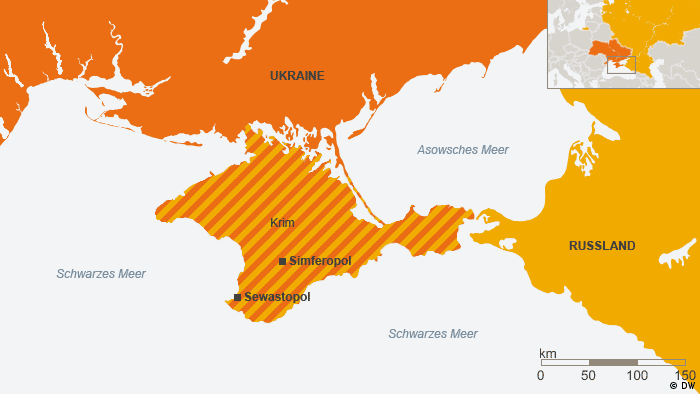Music
Russian criticism of the ESC-winning song from Ukraine
The victory song of Ukrainian singer Jamala during the ESC is of the Deportation of the Crimean Tatars by Soviet dictator Stalin in 1944. In the case of Russian politicians, the Song is mad.

Russian MPs have criticized the victory of the Ukrainian singer Jamala (article image) at the Eurovision Song Contest (ESC) in Stockholm as politically motivated. The song of victory “1944” on the expulsion of the Tatars was not a contribution to the pan-European cultural dialogue that was written for the competition on the flags, said the influential foreign policy Alexei Puschkow. The ESC to turn itself into a political battle field.
“Victory of the Cold war”
Similar to the MP Konstantin Kossatschjow said. The success of Jamala was a “victory of the Cold war” by the West against Russia, quoted by the Agency Tass reported in Moscow. Senator Franz Klinzewitsch said, Jamalas success was a “victory of politics over art,” said Klinzewitsch. He brought a Boycott of Russia at the next ESC into the conversation. This takes place in a year in the Ukraine.

In the weeks before, there had been a Protest from Russia, because you can understand the lament as a criticism of the – internationally recognised – the Russian annexation of the Ukrainian black sea Peninsula of Crimea in 2014.
Also in the Russian state television of the Ukrainian victory was criticized. Jamala have won by points to a Jury, which met in the back room of their decision, said a participant in a discussion. The Russian viewers watched the singing competition is more relaxed than their politicians. They gave Jamala ten points – the second-highest rating.
Song for the great-grandmother
In your Song “in 1944,” tells the story of Jamala the story of her great-grandmother, who was deported along with about 200,000 Tatars from Crimea to Central Asia. Dictator Josef Stalin accused them of collaborating with the Nazis after the German Wehrmacht had half conquered the island in 1942.
In 1991 many Tatars and their descendants returned to Crimea. Their relationship to Moscow is still marked by mistrust. The majority were opposed to the annexation of the Peninsula by Russia, vehemently. Since then, many Tatars are harassed by the authorities your Parliament was banned. The treatment of the Tatars has been criticised, among others by the UN, the United States and the European Parliament sharply.
The song text is based on a Translation of the German press Agency from the from the English and Crimean Tatar:
When Strangers come to Your house. You have to kill all of you and say: We are not guilty of not guilty. – Where are Your thoughts. Humanity is crying. You think you’re gods. But all die. My soul is not triggered. Our Souls. – I couldn’t spend my youth there, because you have my peace stolen. We could build a future in which people are free to live and to love. – The happiest time. Where is Your heart? Humanity, waxes. You think you’re gods. But all die. My soul is not triggered. Our Souls. – I couldn’t spend my youth there, because you have my peace stolen.
wl/RF (dpa, afp)